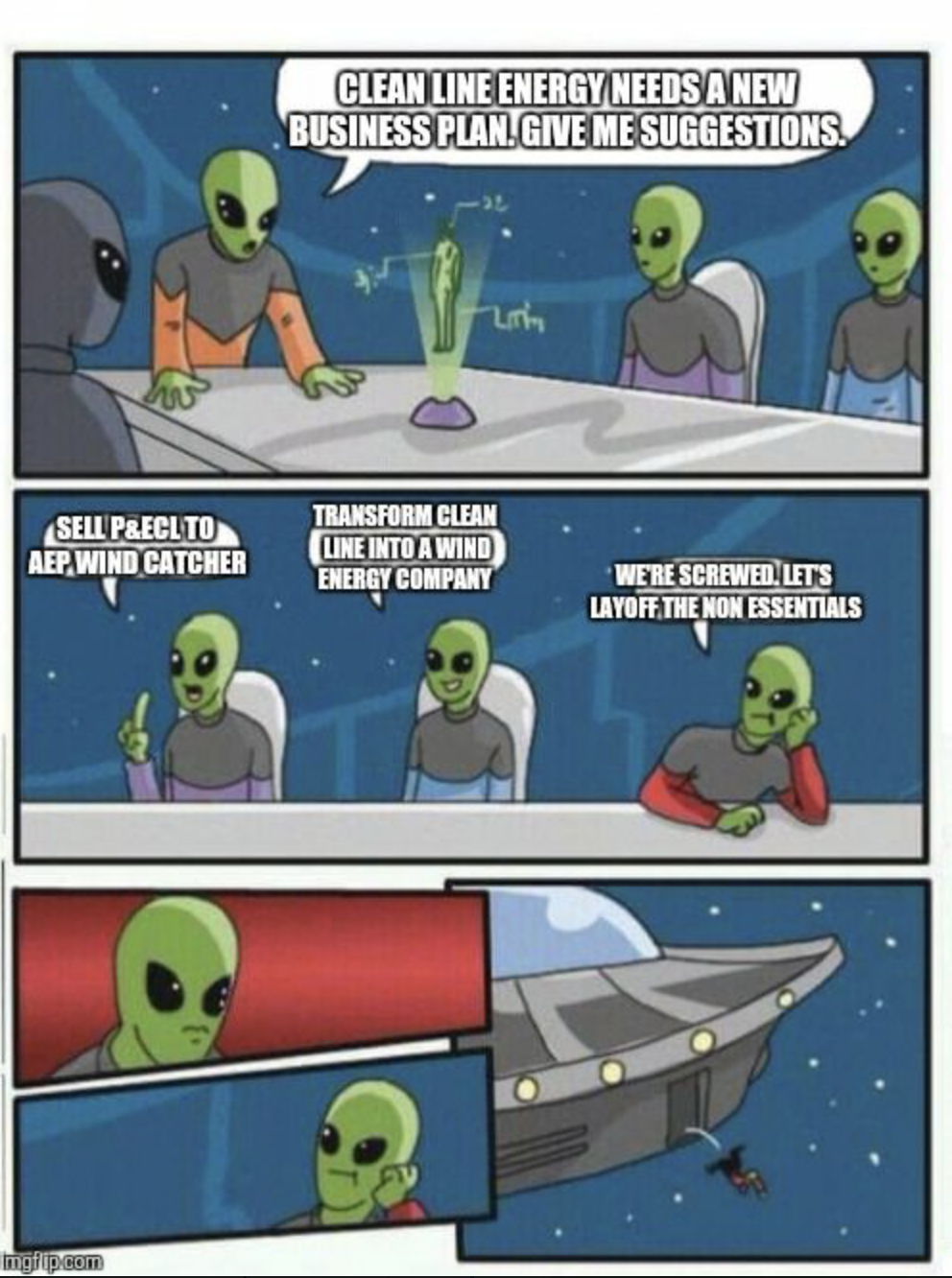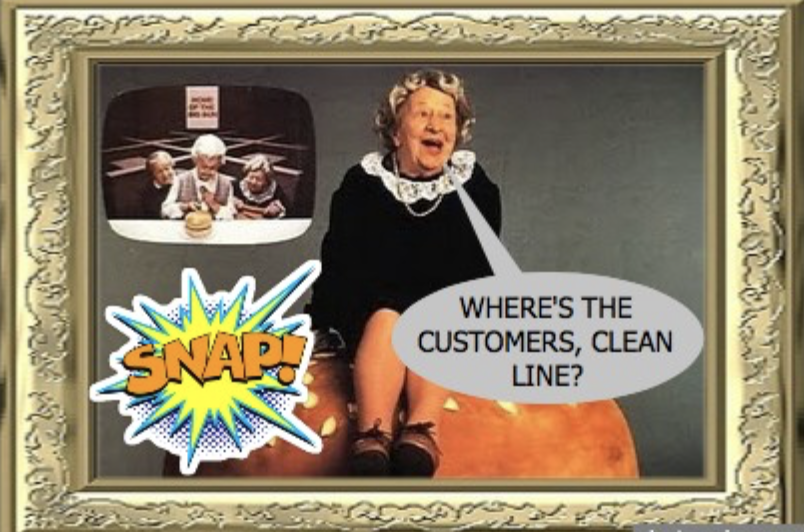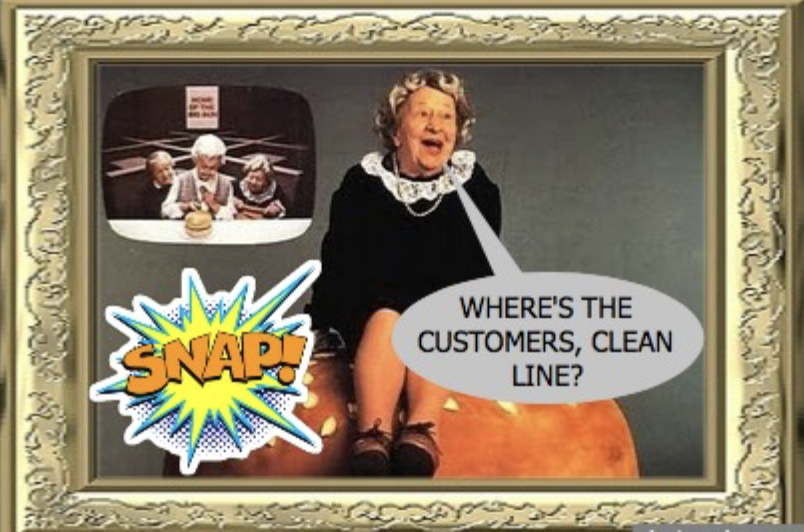So, Clean Line wants to pretend that because NextEra only bought the Oklahoma portion of the project that the remainder still held by Clean Line will someday become valuable. That crap isn't even fit for sausage. There is no value because there are no customers who want to buy at the TVA interconnection. In fact, it looks like Clean Line's TVA interconnection queue position has been withdrawn. That means Clean Line no longer wants to inject energy into the TVA region. Over. Done. Maybe NextEra has enough cash to speculate on the Oklahoma portion someday being viable, but even they don't think the portion from the Oklahoma border to Memphis is worth the risk.
And over in the ring to my left, the Rock Island Clean Line has fallen off the trapeze and broken every bone in its body. The clowns have been pantomiming continuing life support, but the audience knows it's a goner.
Over in the last ring, the Grain Belt Express lies gasping while the clowns are bringing in a string of potential buyers for pieces of its carcass in their cute, little cars. How many transmission executives can you fit into a garishly-painted VW beetle? And what portion of GBE does anyone think is viable?
Clean Line Energy's circus is all but over.






 RSS Feed
RSS Feed